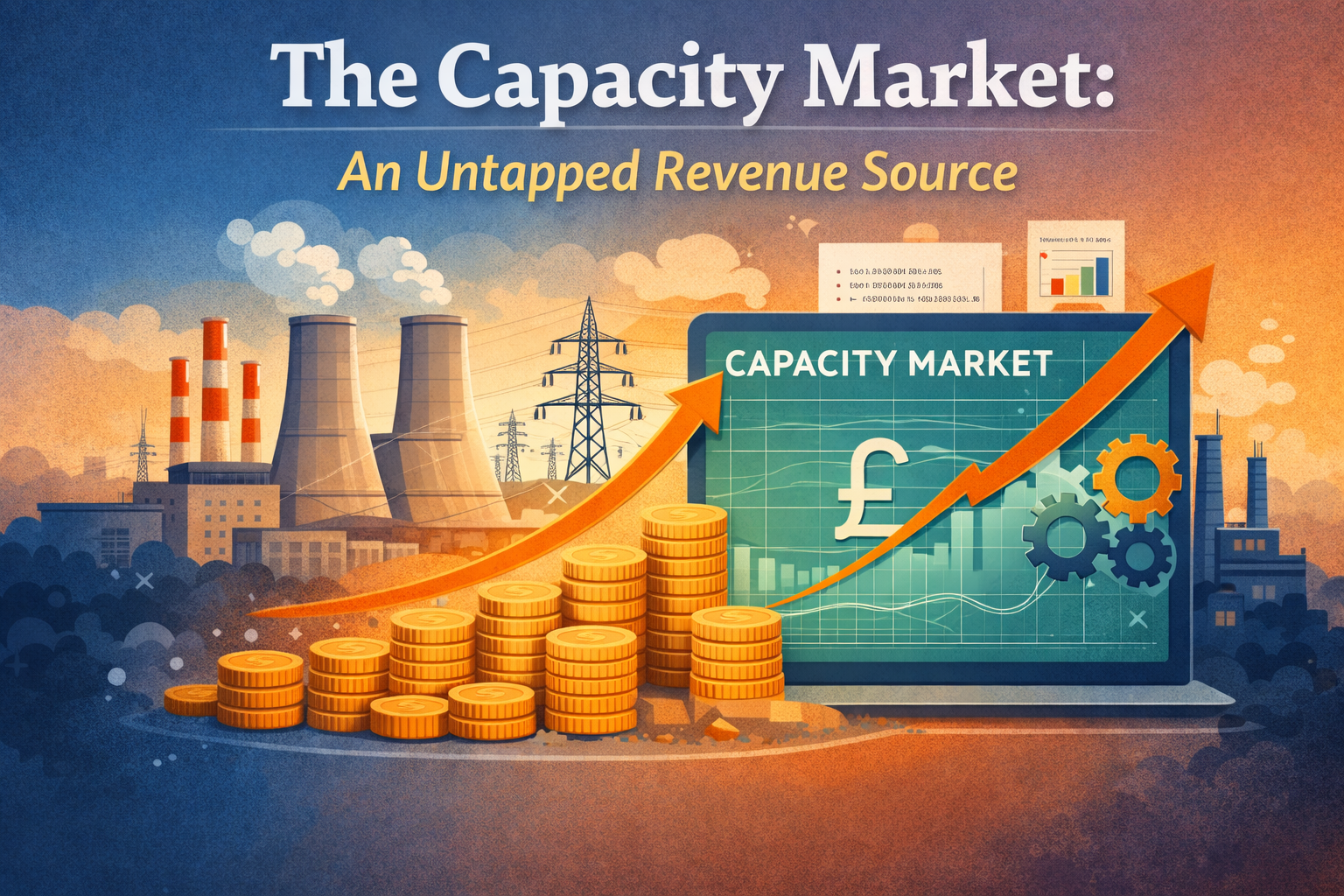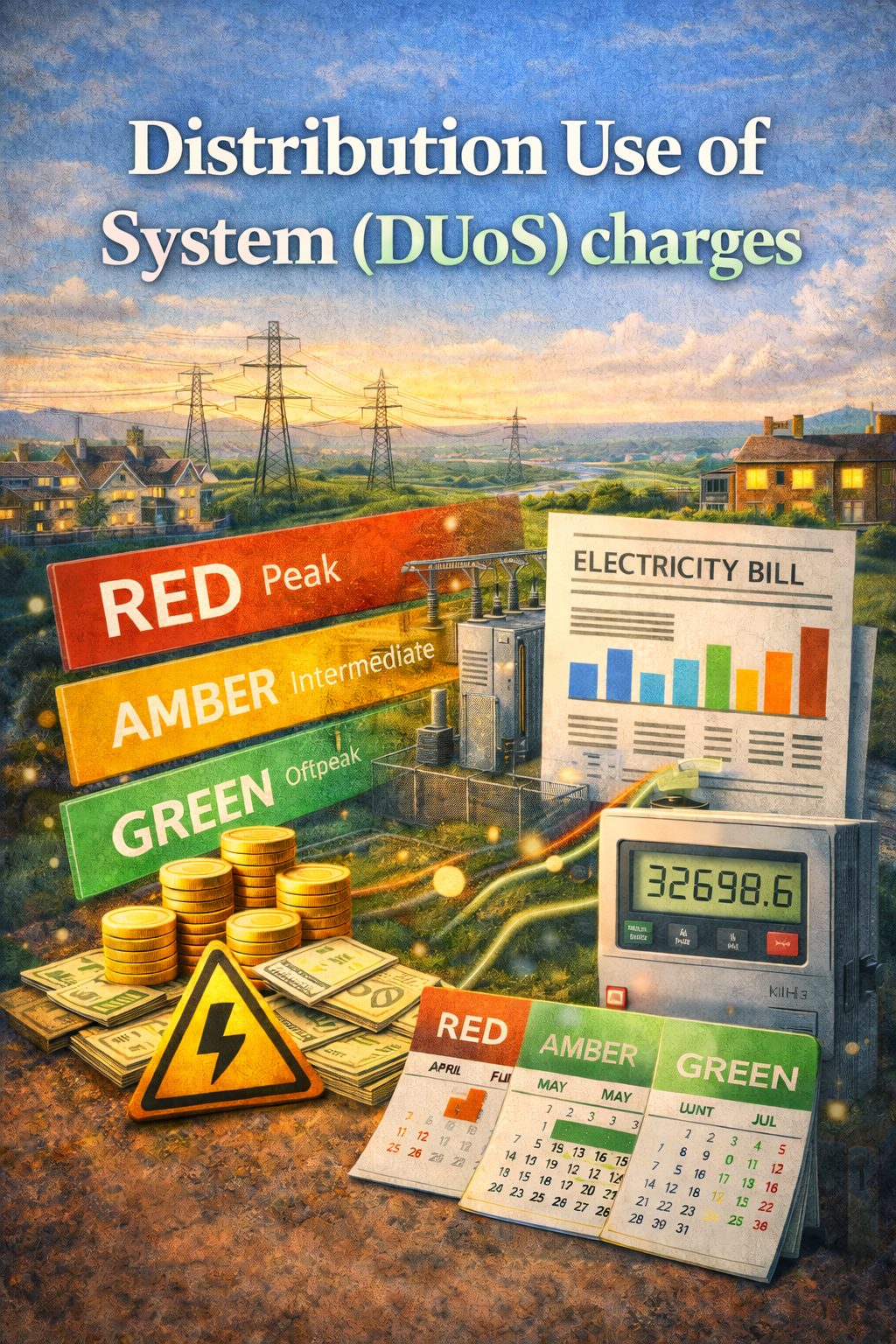July Review
July 2023
As the Ashes were fiercely contested in England and reported heatwaves dominated news from the continent, July was an eventful month in the world of energy. There was a tightening in the wholesale gas market as the price failed to reach either the highs or lows of June, consolidating ahead of the next move. While the consolidation may be a sign of a lack of certainty in sentiment regarding energy markets, this may be seen as a positive given some of the more bearish news we saw in July. Whereas in the past year the market may have reacted swiftly and prices would have risen on the back of any negative news, there seemed to be a more considered response to supply-based fears.
Centrica expressed concern that the UK will struggle to deal with any period of cold weather with low wind this winter. Should such an event occur it would mean the UK becomes more reliant on gas, yet the UK’s gas storage levels are limited, particularly when compared to that of other European countries. The UK’s storage capacity of 12 days worth of average consumption is less than 10% of the gas storage capacities of France, while Germany and the Netherlands also have enough capacity to store months of gas. There are plans to restore some previously closed gas storage facilities after the 2017 decision to shut down numerous storage sites has come in for heavy criticism. It has left the country increasingly reliant upon gas imports and, as such, any volatility in gas prices will have a more pronounced impact.
In more positive news, July saw the final length of the Viking Link interconnector joined, completing the physical link between England and Denmark. This will allow energy sharing between the UK and Denmark allowing for cheaper and cleaner import/export of energy between the two countries.
However, it wasn’t all good news from the continent. Heatwaves in France forced EDF to restrict nuclear production this month. While this may not become a large issue, more sustained hot water temperatures near the nuclear plants could further limit production and lead to a supply shortfall.
UK businesses may be a beneficiary of a proposal announced this month to increase protections and transparency on payments made to energy brokers. The aim is to provide clear guidance and regulation on these issues and hold accountable unscrupulous brokers who fail to act in the best interest of their clients. By enforcing these regulations, a higher level of protection will be offered to businesses and confidence can be restored in the industry.
After OFGEM had previously announced that the energy price cap is set to decrease in October there was some disappointing news from consultancy Cornwall Insight. They announced that, despite the price drop in October, prices are expected to rise again at the beginning of 2024, and they will remain above pre-pandemic levels for the foreseeable future. This was backed up by Investec who said they expect energy bills to remain high at least through to the 3rd quarter of 2024, with prices not expected to show a significant decrease for over a decade.
In spite of this analysis, some organisations have been finding ways to reduce their energy spend. West Northamptonshire council announced that they have managed to save £1.8m in energy spend through a flexible bulk purchasing model. While flex purchasing is normally reserved for large institutions there are an increasing number of ways that smaller businesses can take advantage of flexible purchasing contracts. By purchasing energy across seasonal markets businesses can have a greater freedom in when to buy their energy in advance and when to buy from the day ahead market. With the risk premiums associated with fixed contracts increasing over the past 2 years, flex contracts are increasingly being seen as a viable method for reducing energy spend. If you would like more information on flexible purchasing, feel free to contact us today and see if it could be the right option for you.
As we start to edge closer to winter, it seems likely that concerns about supply for the winter of 2023 will increasingly drive the price narrative. With the failure to make a new low during July it now seems unlikely that wholesale prices will go below the low of May 30th and we are likely to see steady increases for the next few months. If you have a contract coming up for renewal before the end of Winter 2023, now could be an ideal time to review the prices currently available, as it seems unlikely that prices will improve in the coming months.










